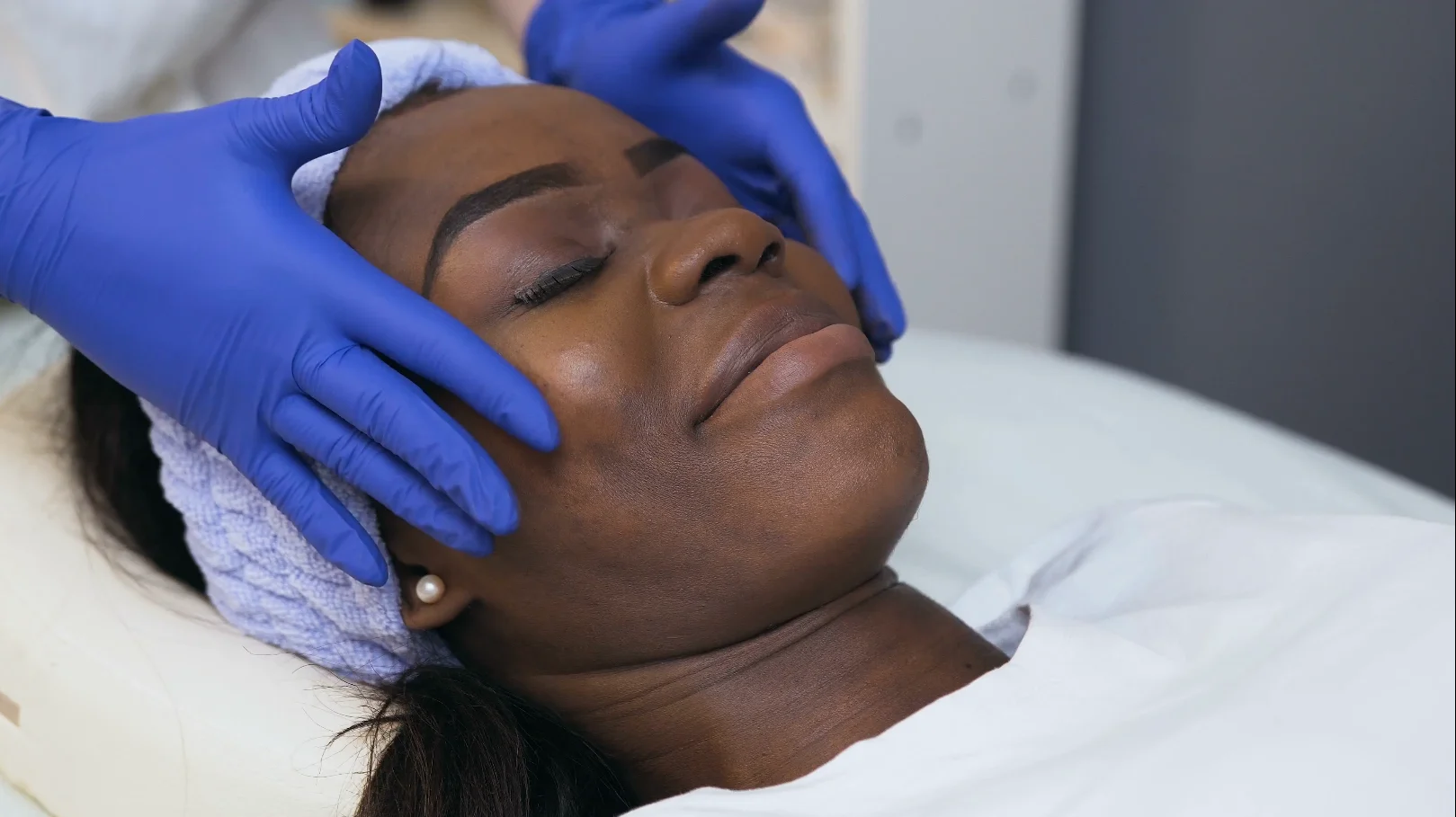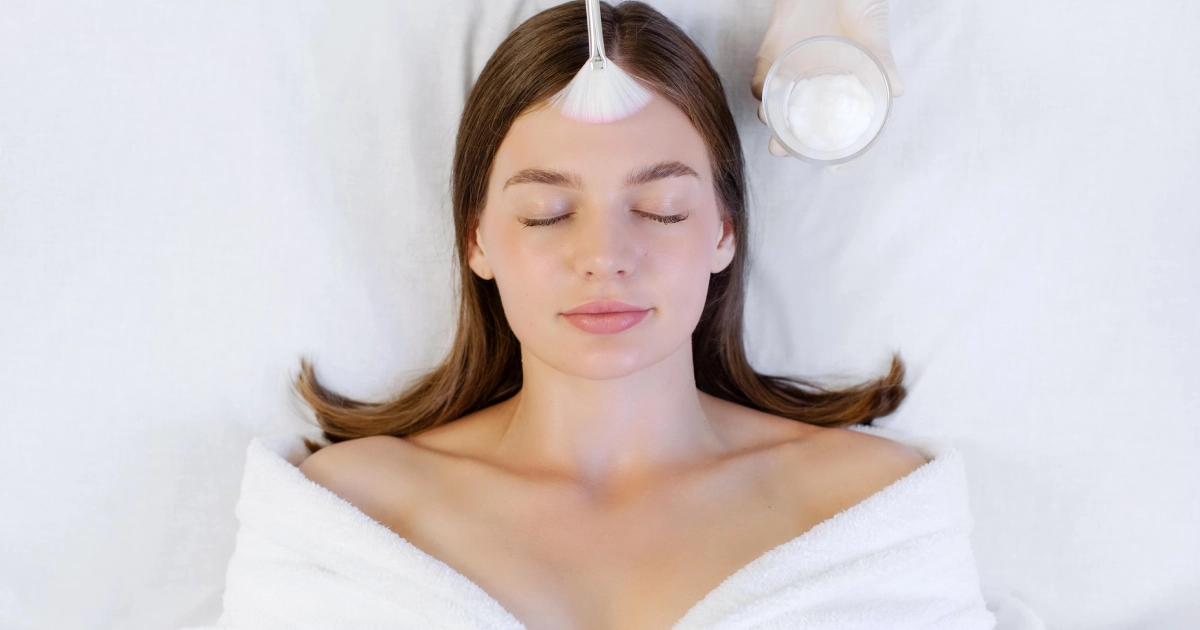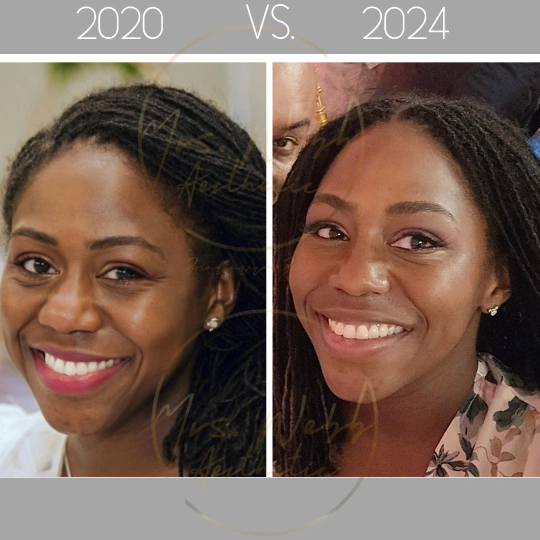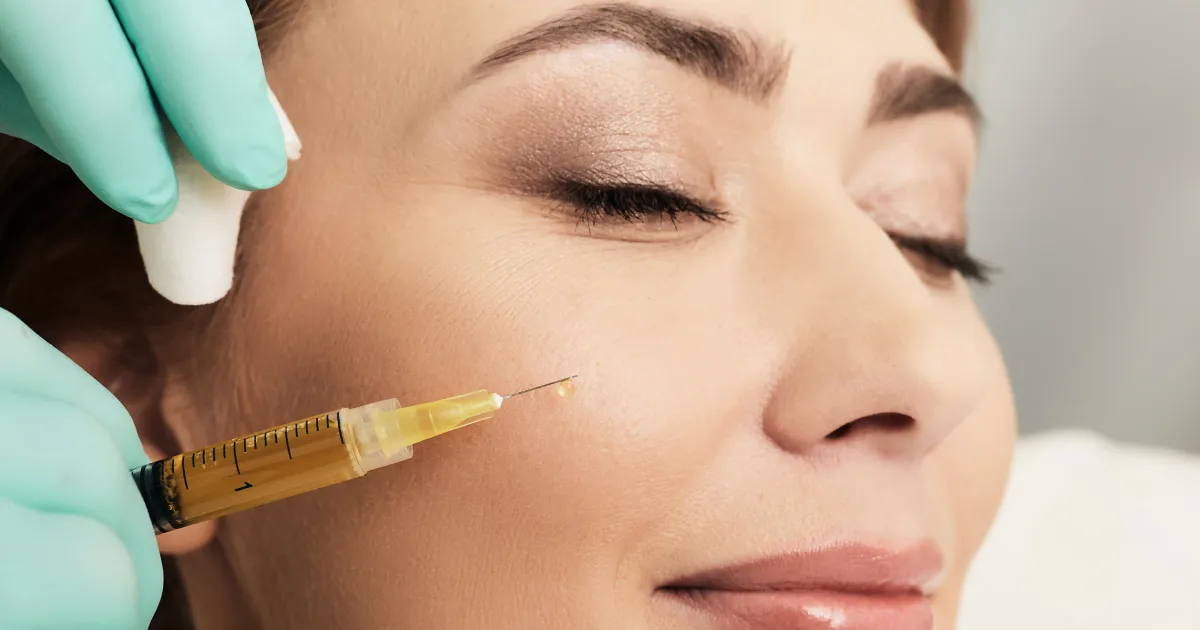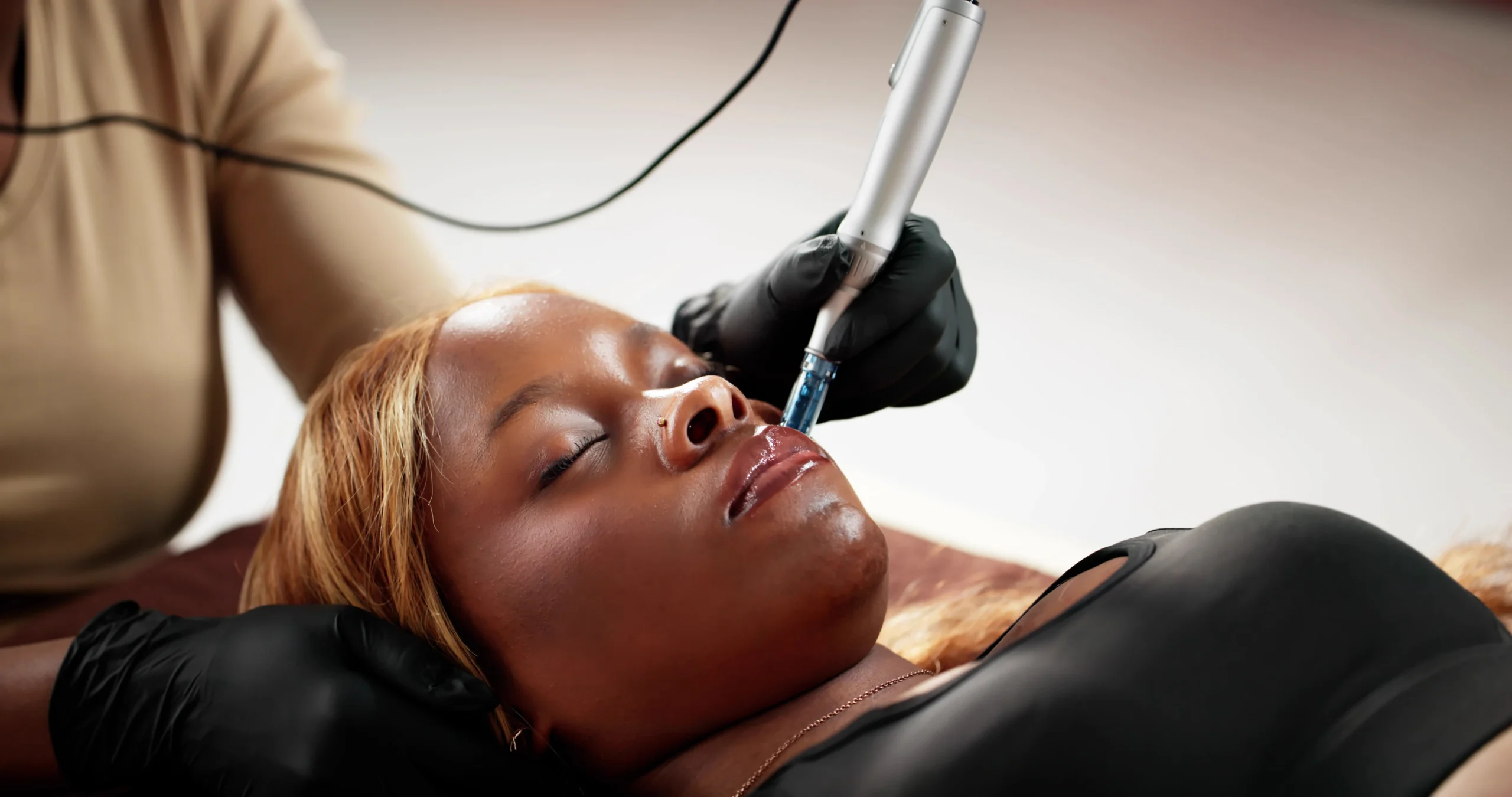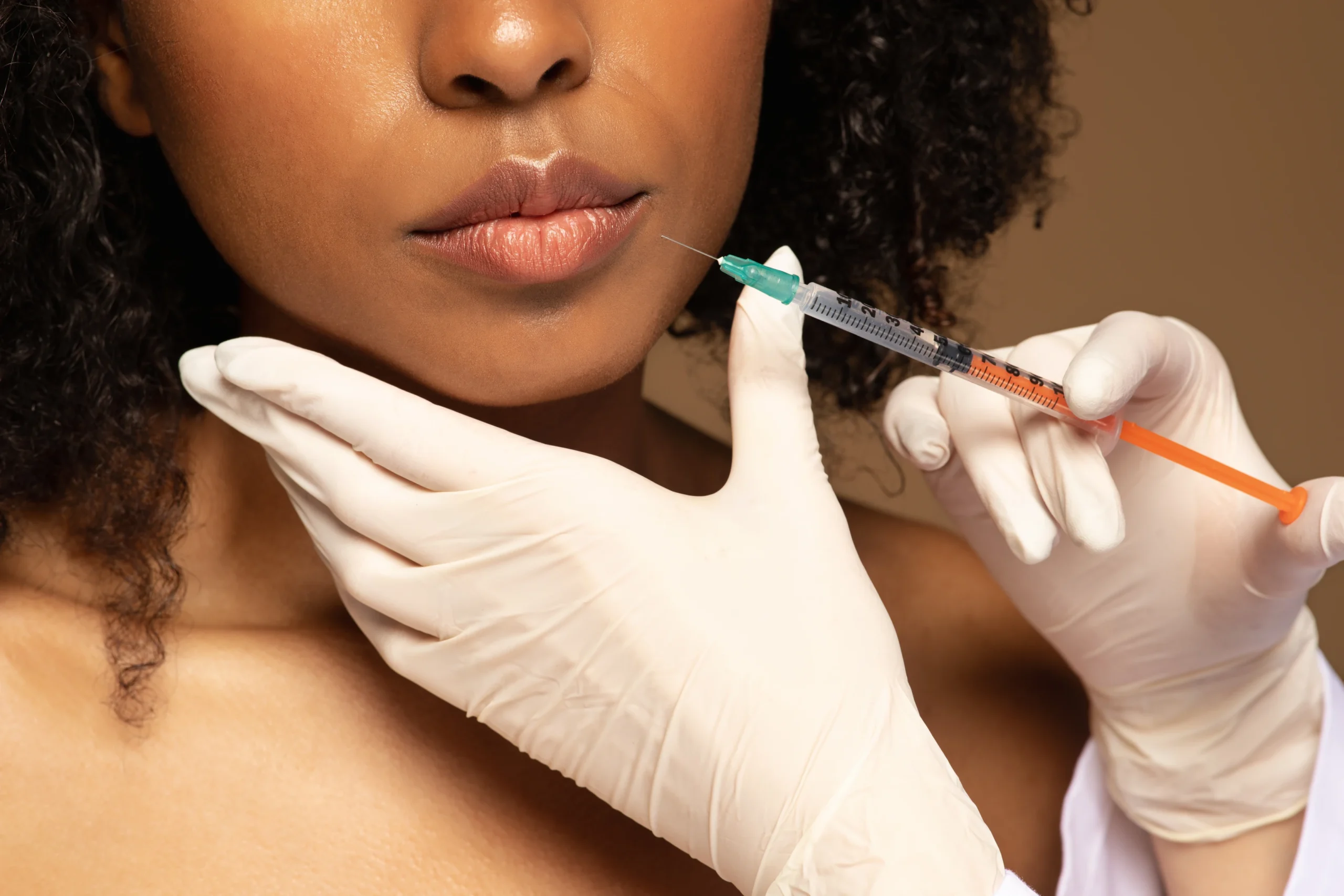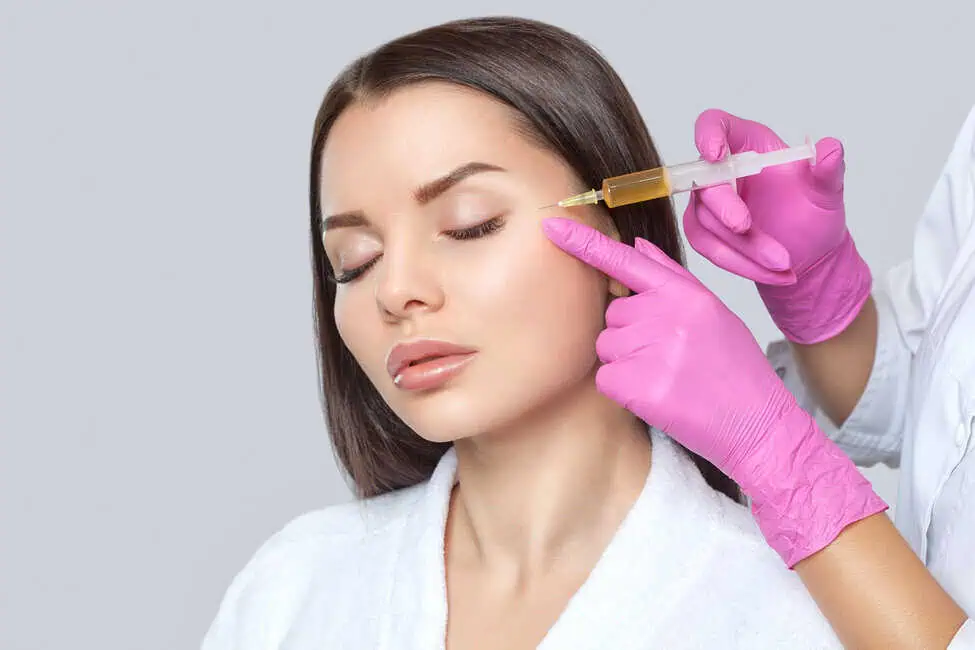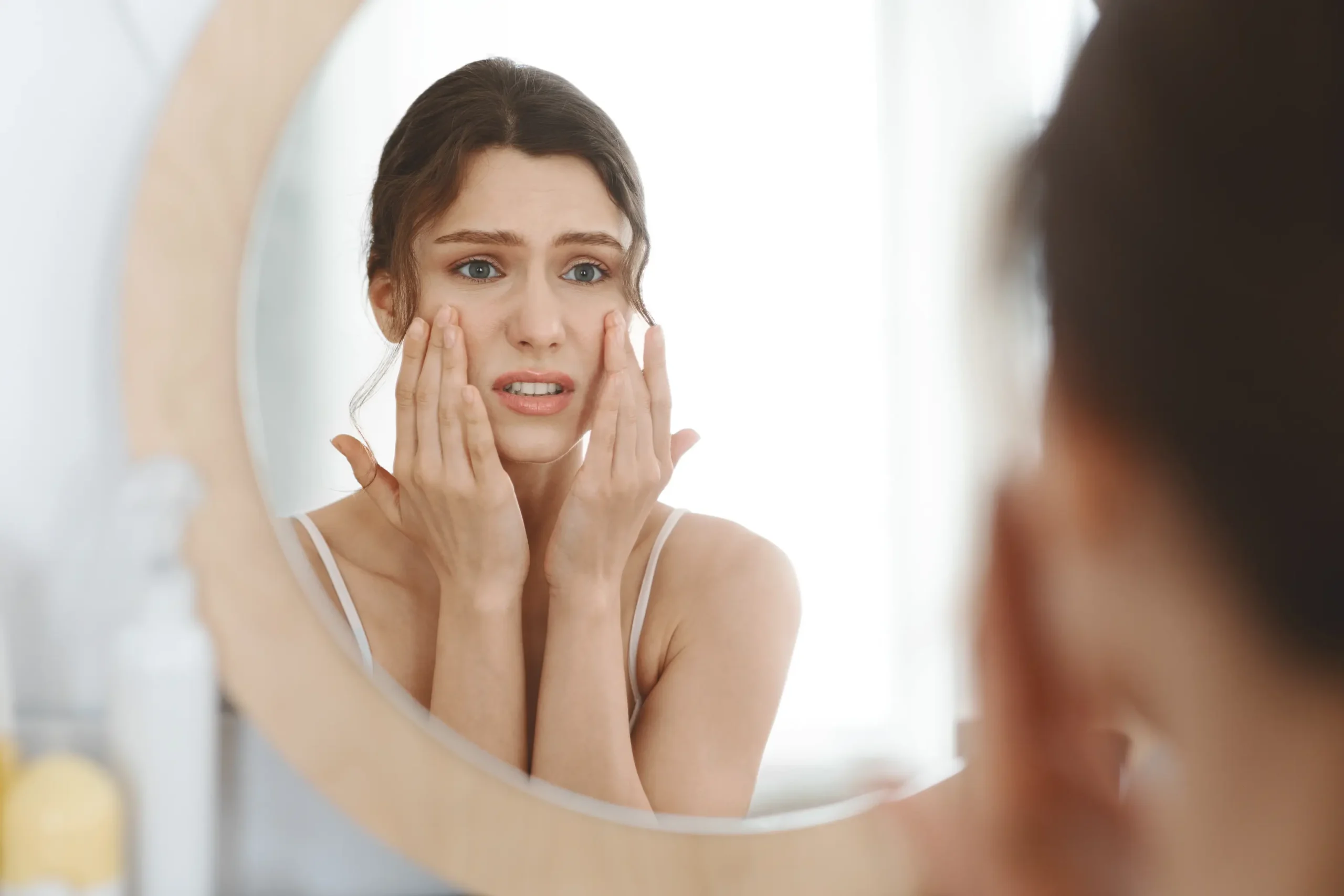Picture this.
It’s 2014.
For the first time, I agreed to a chemical peel at my dermatologist’s office. I admit, I was terrified. I had heard so many rumors of people with dark skin being harmed by any and all skin treatments, so I came in with my hackles up.
I already had dark spots or post inflammatory hyperpigmentation from previous acne and was terrified that it would be made worse instead of better. I closed my eyes, hoped for the best and jumped in headfirst. The peel worked. The darkened areas improved, and I went along my merry way. My dermatologist recommended an SPF or sunscreen but I brushed her off, because duh, I was black, I don’t need SPF.
But did I?
The answer is a resounding YES, but it’s not the SPF that you think.
Let’s keep it simple:
There are 2 types of sunscreen or SPF.
Chemical vs. Mineral
The type that goes on smooth and clear and does not leave a white cast are the chemical or organic sunscreens (avobenzone, octisalate, oxybenzone, etc..). Although they apply beautifully especially in darker hued folks, this is NOT the sun protection you want to apply as a darker person at risk for dark spots after skin trauma. Although everyone can develop skin cancers such as melanomas, basal cell carcinomas (BCC) and squamous cell carcinomas, people with melanin that is more densely packed (James et al., 2019) are less likely to be diagnosed with these types of cancers, particularly in sun exposed areas. Chemical sunscreens provide a different level of coverage that is more appropriate for individuals at higher risk for skin cancers (Fitzpatrick 1-3 skin type) (Geoffrey et al., 2019).
Darker skinned individuals (Fitzpatrick 4-6 skin type) issues revolve around photoaging or how our skin reacts to repeated sun exposure. Dark skinned people tend to develop PIH after trauma to the skin. Sun exposure makes these areas darker. Chemical based sunscreens work by absorbing UVA/UVB rays from sunlight, converting those rays into a heat reaction that is dispersed from the skin. This heat can make areas at risk for pigment issues WORSE (James et al., 2019). This is why mineral based sunscreens are better to use in darker skinned people. Inorganic (mineral) sunscreens do not absorb the UV rays. Mineral based sunscreens reflect the rays. The scatter caused by that reflection creates the white cast, we love so much (j/k sarcasm).
Mineral sunscreens are typically a combination of zinc oxide or titanium dioxide. Both products are well tolerated on the skin (no allergic reactions), however, the white cast created by many mineral sunscreens is a HUGE reason why darker folks shy away from sunscreen or choose the product that is not best for their skin type.
Sun Protection Factor (SPF) refers to the ability of the sunscreen to prevent the development of erythema upon UV exposure (Geoffrey et al., 2019). For darker people erythema means tanning. SPF only measures the protection against UVB light and with mineral sunscreen the SPF grade is directly linked to the percentage of . SPF is graded from low (15) to high (>50). The protection afforded by the sunscreens is usually much less than the SPF indicated due to limited knowledge of their use, therefore inaccurate, insufficient and non-uniform application (Geoffrey et al., 2019).
Now a quick Google search will reveal that you are supposed to reapply sunscreen every two hours. Is that reasonable?
Well, I believe in meeting each client where they are, providing them with information and agreeing at a happy medium. If you are like me, and work inside a darkened room for many, many hours a day. No, you don’t have to reapply sunscreen that frequently. However, if you are outside worshipping the sun all day, you need to reconsider how much, and how often you apply the product.
At Mrs. Webb Aesthetic, we only offer products that we have used ourselves. In our Marine Park office we carry a mineral based SPF 50 that applies beautifully on all skin types, with a special shout out to the Fitzpatrick 6 skin type.
As a Doctor of Nursing Practice, our lead clinician loves to learn and share her knowledge. Follow our IG page for tips on aesthetic, regenerative and anti aging medicine practice as well as current promotions. When you are ready, book a FREE virtual consultation to decide if our practice is the right fit for you.
Xoxo
Mrs. Webb
References
Geoffrey, Kiriiri, et al. “Sunscreen Products: Rationale for Use, Formulation Development and Regulatory Considerations.” Saudi Pharmaceutical Journal, vol. 27, no. 7, Nov. 2019, pp. 1009–1018, https://doi.org/10.1016/j.jsps.2019.08.003.
James, W. D., Elston, D. M., Treat, J., Rosenbach, M. A., Neuhaus, I., & George Clinton Andrews. (2019). Andrews’ Diseases of the skin : clinical dermatology. (13th ed.). Elsevier.

